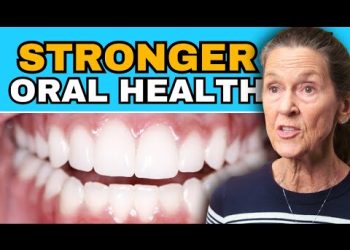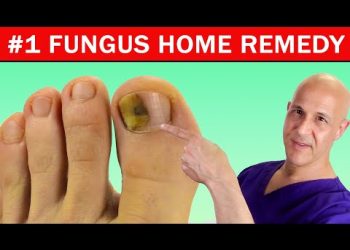The Importance of Oral Hygiene
Oral hygiene is a crucial aspect of maintaining overall health. Brushing and flossing our teeth regularly are essential practices, but there are a few additional areas that often get overlooked. Understanding these can prevent not only dental issues but also contribute to better breath and overall well-being.
The Overlooked Tongue Cleaning
Many of us focus on brushing our teeth but neglect the tongue. The tongue harbors bacteria, which can lead to bad breath and even cavities. Dr. Alan Mandell stresses the importance of cleaning your tongue both in the morning and before going to bed to prevent these issues.
Why Nighttime Tongue Cleaning Matters
Through the day, we consume various foods. When we don’t clean our tongues at night, we allow bacteria to thrive as we sleep. This accumulation can lead to an increase in bacteria and acids, exacerbating oral health issues such as cavities and halitosis, commonly known as bad breath.
Proper Tongue Cleaning Technique
To clean your tongue effectively, it’s recommended to apply a dab of toothpaste on your brush. Start at the back and gently move side to side towards the front. Alternatively, a tongue scraper can be used starting from the back, scraping forward to remove plaque and discoloration, leaving the tongue pink and healthy.
DIY Tongue Cleaning Tools
If you don’t have a tongue scraper, a small spoon can serve as an effective alternative. Scraping with a spoon from the back to the front can be an easy and cost-effective way to remove bacteria and maintain oral hygiene.
Utilizing Hydrogen Peroxide
Hydrogen peroxide is an useful agent for oral health. By mixing it with water, it can be used as a gargle to eliminate bacteria. However, it should not be used daily. Always spit it out without swallowing. Consulting with a dentist before use is advisable.
Cleaning Your Toothbrush
Just like the mouth, toothbrushes can harbor bacteria. After use, ensure your toothbrush is thoroughly rinsed. Periodically, soaking it in hydrogen peroxide can further disinfect it, ensuring it’s ready for the next use without transferring bacteria back to your mouth.
Replacing Your Toothbrush
Toothbrushes should be replaced every three to four months. Over time, bristles wear out and become less effective at cleaning. Worn bristles can also be harsh on gums, so replacing your toothbrush regularly is a preventive measure that promotes better health.
Final Thoughts from Dr. Mandel
Dr. Alan Mandell emphasizes the role of comprehensive oral hygiene in preserving health. By following these practices, you are taking important steps towards preventing dental issues and ensuring a healthier mouth.
Sharing the Knowledge
Dr. Mandell encourages sharing these insights with friends and family. Elevating awareness about proper oral care benefits not just individuals, but entire communities by fostering better habits and healthier living.











